Computing CPD Awards for teachers Inverness College UHI
To find out more about these qualifications, contact Gordon Macpherson Gordon.MacPherson.ic@uhi.ac.uk
Additional Teaching Qualification (ATQ) in Computing Studies CPD Award
Visit: CPD Award Additional Teaching Qual in Computing Studies (uhi.ac.uk)
This qualification enables qualified secondary teachers to add Computing Studies as a second subject to their secondary teaching registration with the General Teaching Council for Scotland (GTCS).
The continuing shortage of Computing Science teachers has resulted in a decline in schools offering computing beyond SCQF level 4. This in turn has reduced the number of young people choosing careers in the Computing and Digital technologies sector. This innovative programme was initially created in response to a request from Highland Council to create an additional teaching qualification to allow existing, qualified, secondary teachers to be able to add Computing to their initial qualification. The course started in 2019 with one module being taught each semester over 2 years, allowing students to achieve 80 credits at SCQF level 8 in the required subjects for GTCS registration. Once the programme was underway it was advertised across Scotland and continues to attract applicants nationwide.
This enables more schools to offer Computing Science as a subject: to encourage young people to consider a career in the sector and enable secondary schools to provide a curriculum that is responsive to the needs of employers in the area.
Workload was manageable each week. Having the lectures recorded meant that you were able to watch them when suitable
The programme is designed for national, blended delivery, taught at a time suitable for teachers in secondary schools and designed specifically for the Computing Studies Curriculum. The programme provides them with the knowledge, skills and degree level qualifications required to provisionally register as a teacher of Computing with the GTCS. The participants will then undertake an agreed number of teaching days in Computing Science to complete full GTCS registration for Computing.
There have been twenty-three successful graduates of the programme with eighteen currently either staring in September 24 or progressing to their next module. Market demand for the ATQ programme is steady. It is a rolling programme with only one module being taught each semester. This allows teachers to join at a time convenient for themselves and means the cohort of students is always being refreshed.
CPD award in Computing Studies for Teachers
Visit: CPD Award Computing Studies for Teachers (uhi.ac.uk)
The success of the ATQ programme allowed the course team to develop a general CPD award for all teachers interested in teaching computing. With funding support from Education Scotland, the BCS The Chartered Institute of IT and Microsoft the CPD award in Computing Studies for Teachers was developed and delivery commenced January 2020. This award is of a similar make up to the ATQ award but pitched at a lower level (SCQF7) to allow all teachers (primary and secondary) to gain the skills and confidence to teach the basics of computing.
Thoroughly enjoyed this course even though I thought it was going to be a bit daunting with distance learning
The programme has had 16 successful graduates and feedback for the programme was very positive, however due to the pandemic the interest waned, and it did not run in 21-22. The current plan is to offer the course in September 24-25 for teachers interested in developing their CPD.
CPD award Introduction to Cyber Security
Visit: CPD Award Introduction to Cyber Security (uhi.ac.uk)
Feedback from stakeholders and students alike for the above CPD awards was positive and with the support of Education Scotland this allowed the team to continue to develop the Introduction to Cyber Security award designed for all teachers to develop the knowledge and understanding around Cyber Security and Cyber resilience and to build confidence to raise the awareness and importance of these topics to everyone. Since its first delivery in 2021 there have been 80 teachers enrolled on the programme 66 being successful in achieving the award.
Due to the continuing support of Education Scotland funding has been secured for places on the Introduction to Cyber Security course so demand is still high. Another 20 funded places have been secured for 24-25 and despite the current financial situation, Education Scotland see this as an important CPD course for all teachers and plan to continue to fund it.
I just wanted to re-iterate how great it all was and how much I have enjoyed the Cyber Security course. It is exactly what is needed and directly feeds into what folks need to do in schools. I hope more teachers take the opportunity in the new academic year.
The students enjoy the online asynchronous nature of the delivery of all three programmes and the opportunity to create materials they could use in the classroom as assessments for the modules. They also enjoy the support of their lecturers and each other through online chats and tutorials.
The KPIs for all the courses are year on year high. This has been reflected on by the course team and the external examiners. It has been agreed the main reason being due to the educational background and ability of students to be assessed on materials they have created which they can use in the classroom. The external examiners over the years have given positive feedback at exam boards regarding the quality of work and assessment types.
Retention
- Retention for the ATQ programme is high as the students have a clear aim in mind when enrolling for the course to become dual qualified and able to teach computing or develop their computing skills. Feedback on the course has been consistently high and students who have left without being successful highlight work commitments or promotions preventing them from achieving their award. While the award consists of 4 separate modules occasionally a student will enrol for a particular module and while they will achieve their module they will show as not being successful for the award.
- As the CPD award for teachers was a 2-module course running one module at a time retention as high due to students wanting to improve their computing skills.
- The Introduction to Cyber Security CPD award is a single module running over a semester therefore retention was not an issue.
The student profile is more evenly balanced than you would usually find on computing courses which should in future help address the gender bias in computing applications with more female teachers becoming dual qualified. Total gender split below since courses began.
CPD Award 68% female 32% male
ATQ Award 52.5% female 45% male 2.5% prefer not to say.
Cyber Award 52% female 48% male
Very few students have raised any additional support needs or concerns regarding the online materials. As the Programme Leader is also the PAT for these awards any support needs which are raised are shared with the relevant module leaders when necessary. All students have access to the university’s available tailored additional support, additional time for assessments, mitigating circumstances etc all of which is highlighted at induction and throughout the course.
Future Plans
The aim of these awards is to raise the skill set of teachers across Scotland to allow schools to offer more computing related subjects to pupils from Primary 5 upwards. While these courses are popular there is room for improvement due to their online asynchronous delivery allowing larger class sizes.
Education Scotland have been very supportive over the years and the team aim to continue sourcing funding options to help develop and deliver other courses in this curriculum area to help enhance our FE and HE applications.

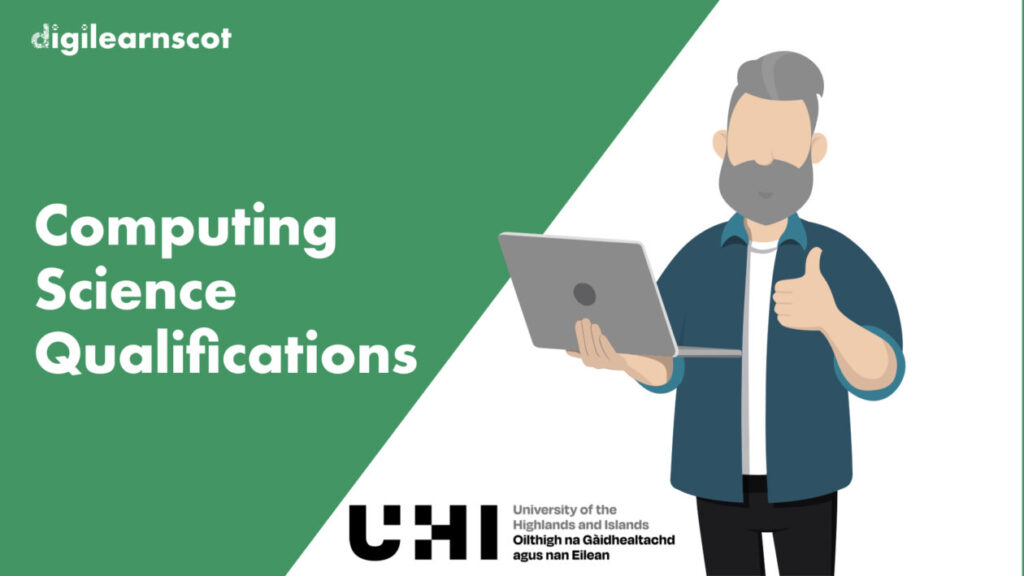
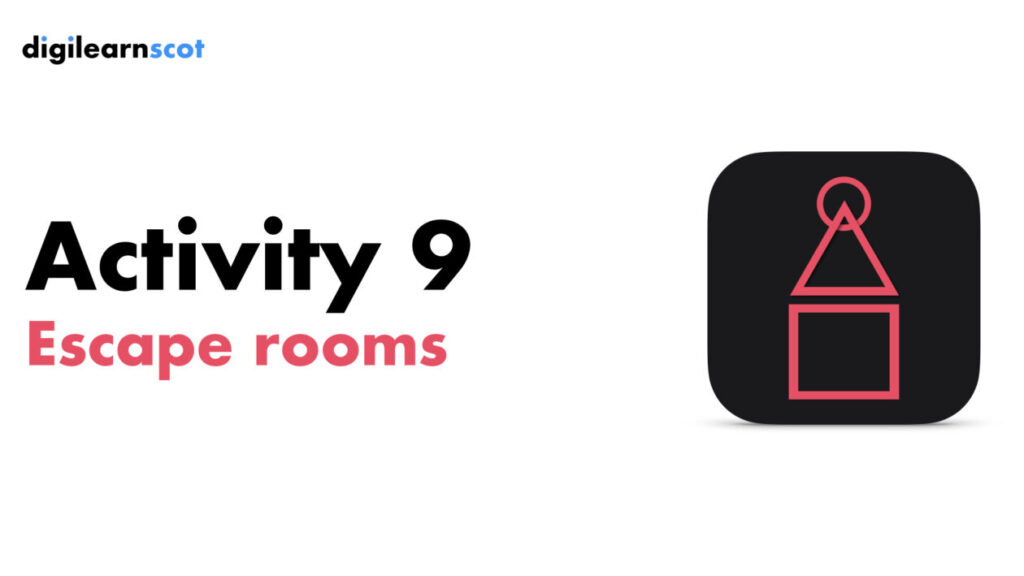

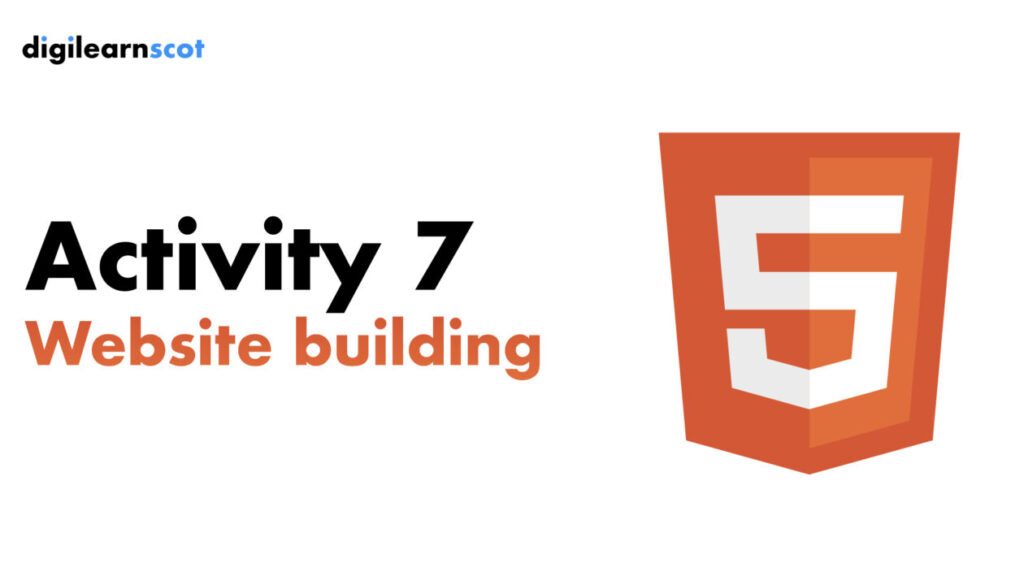
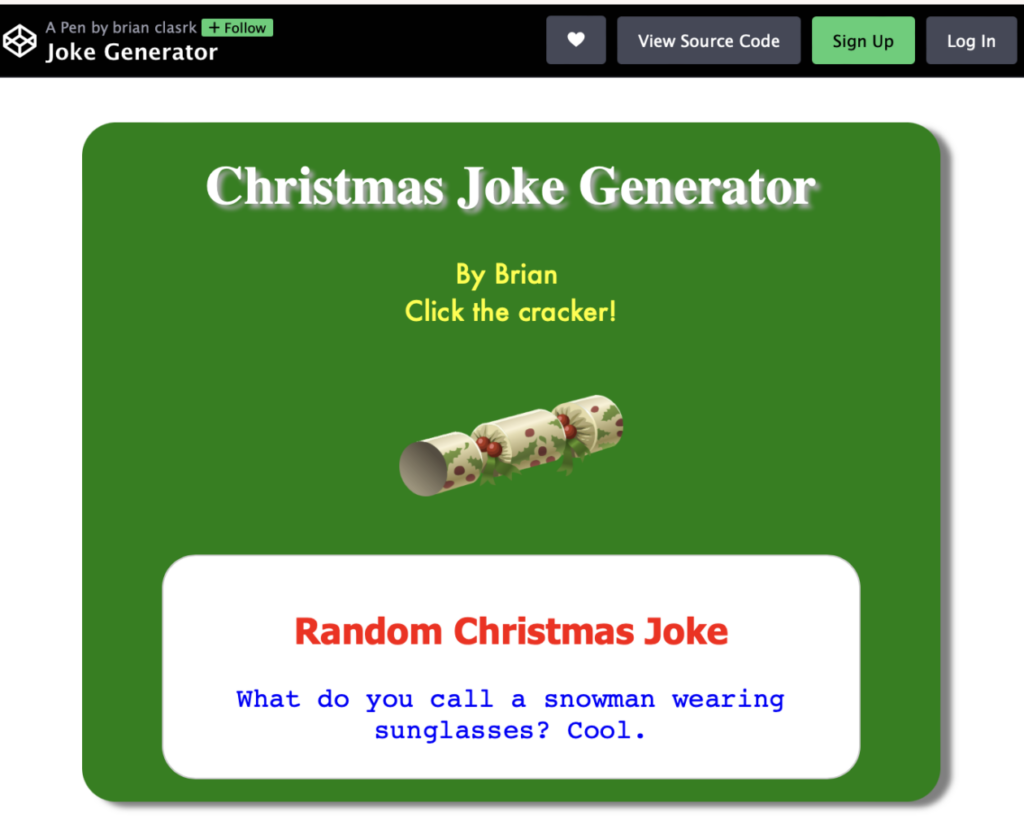

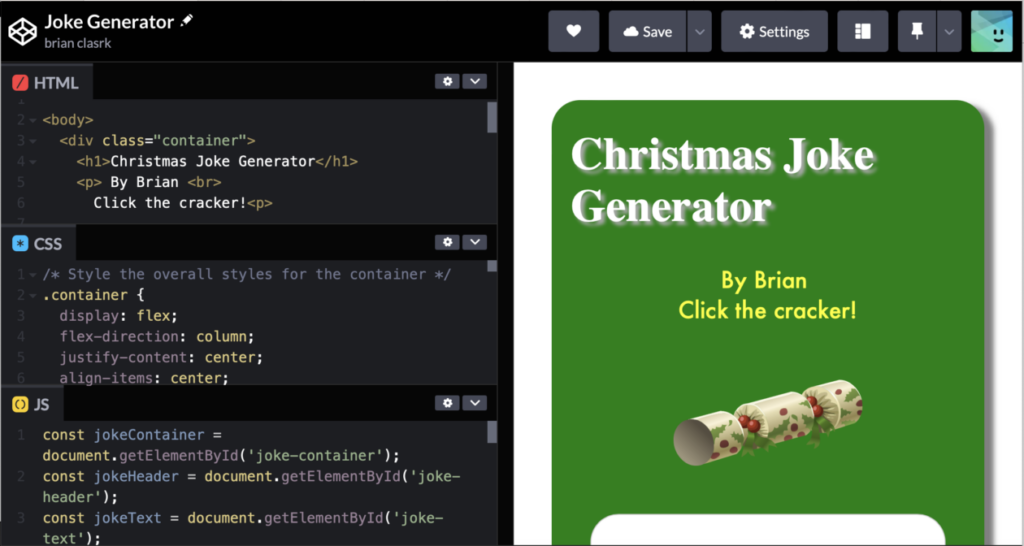
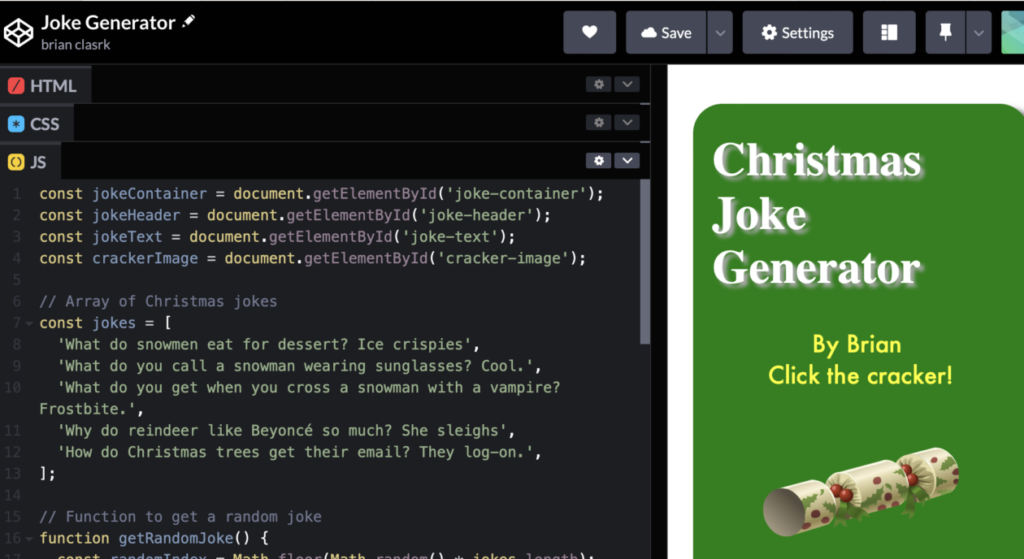
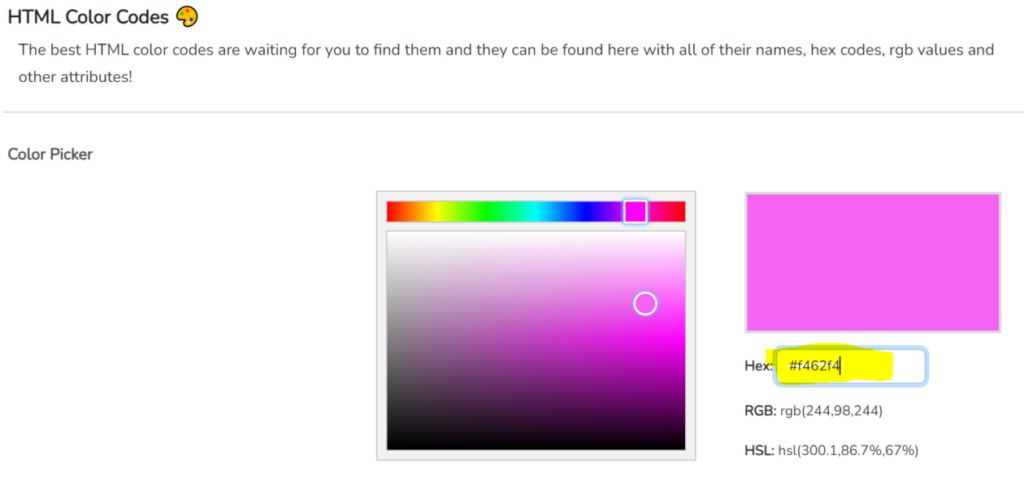
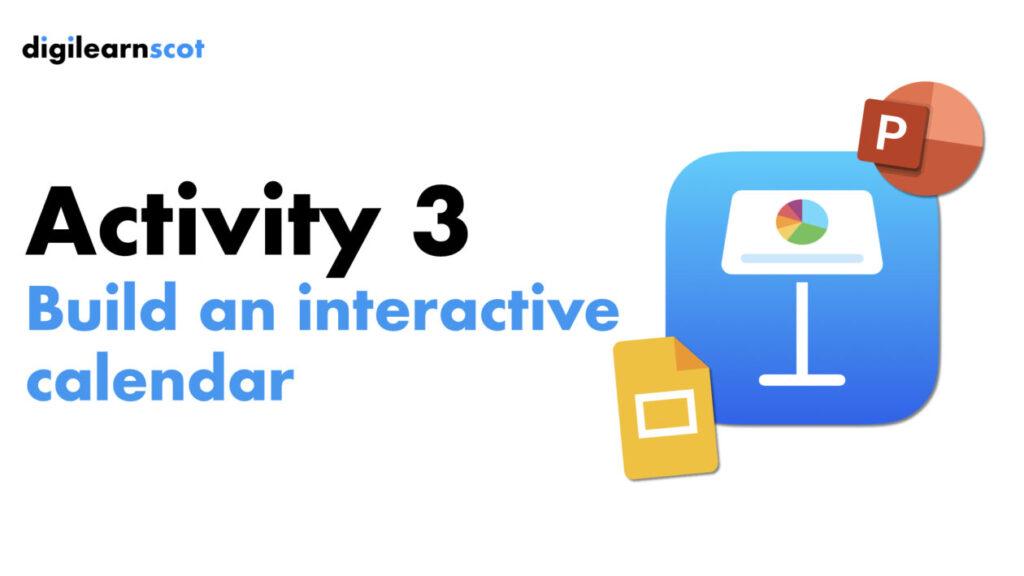



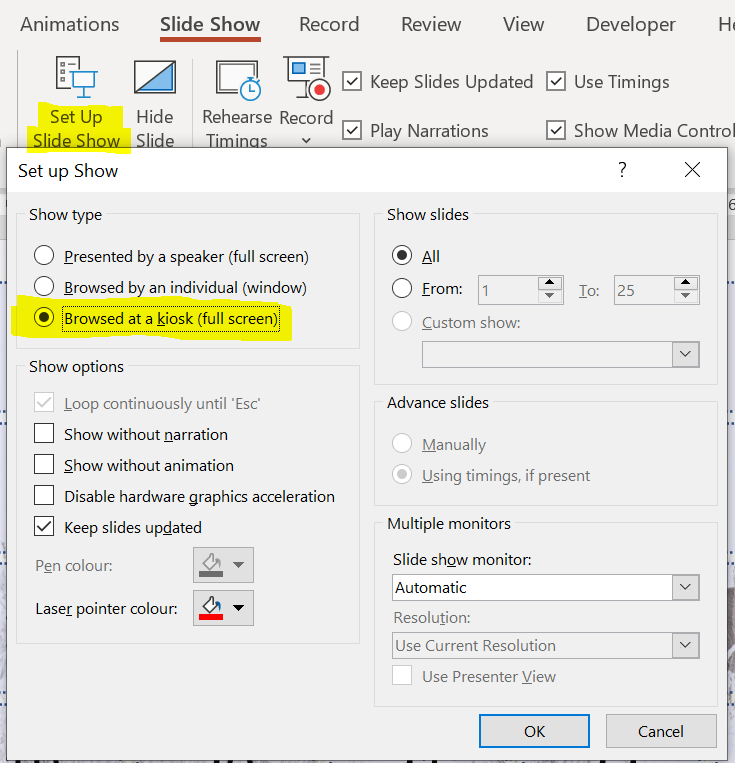



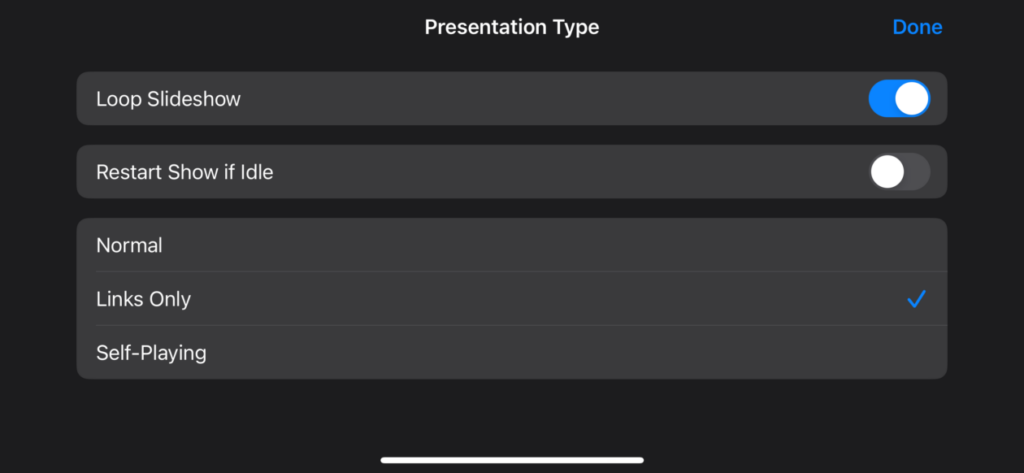

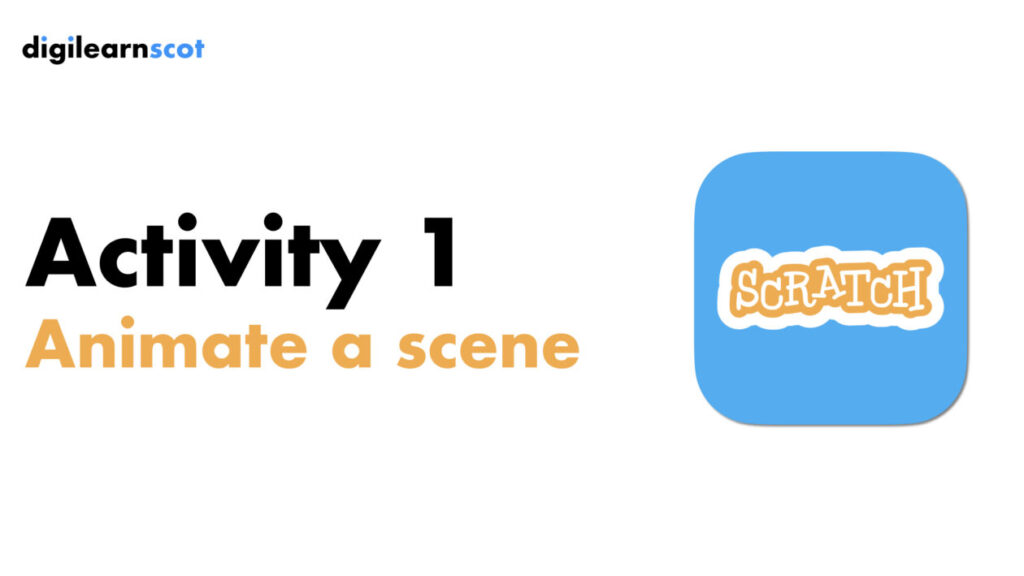



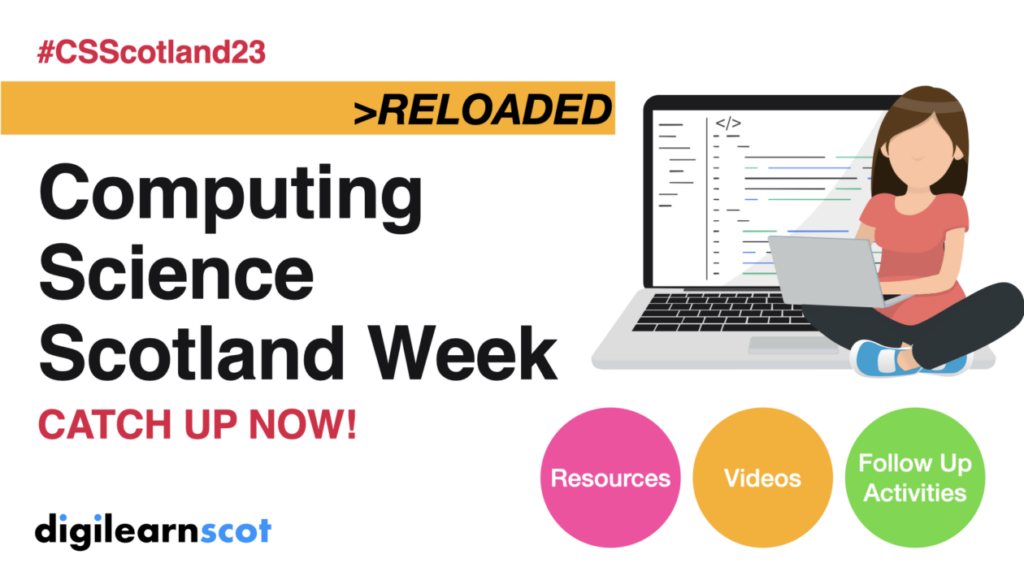

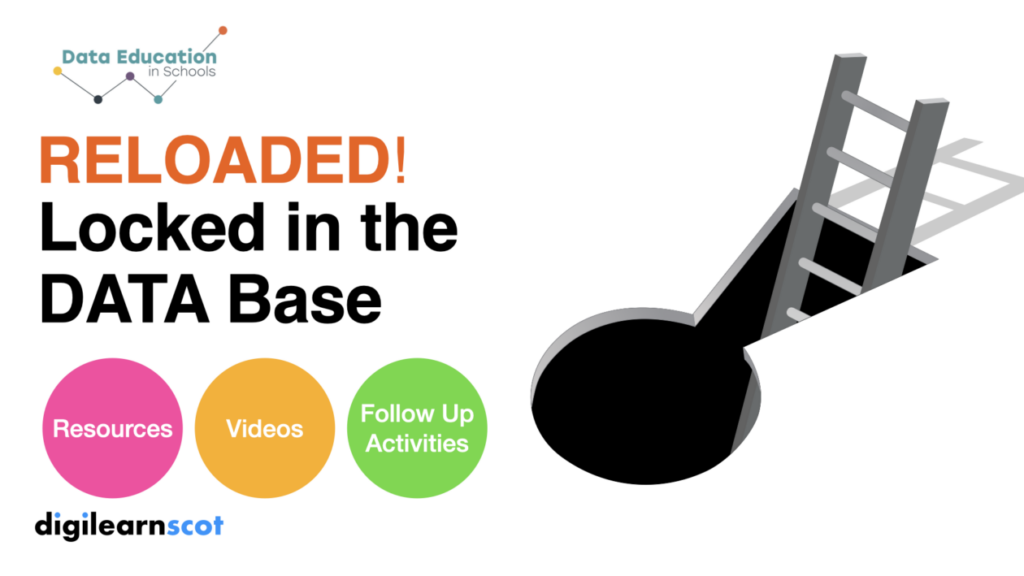
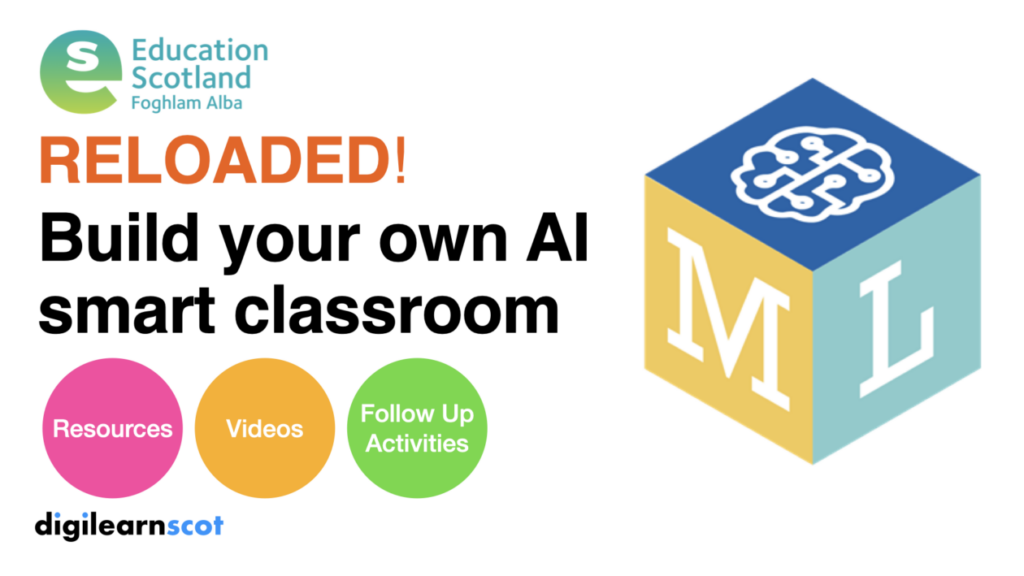
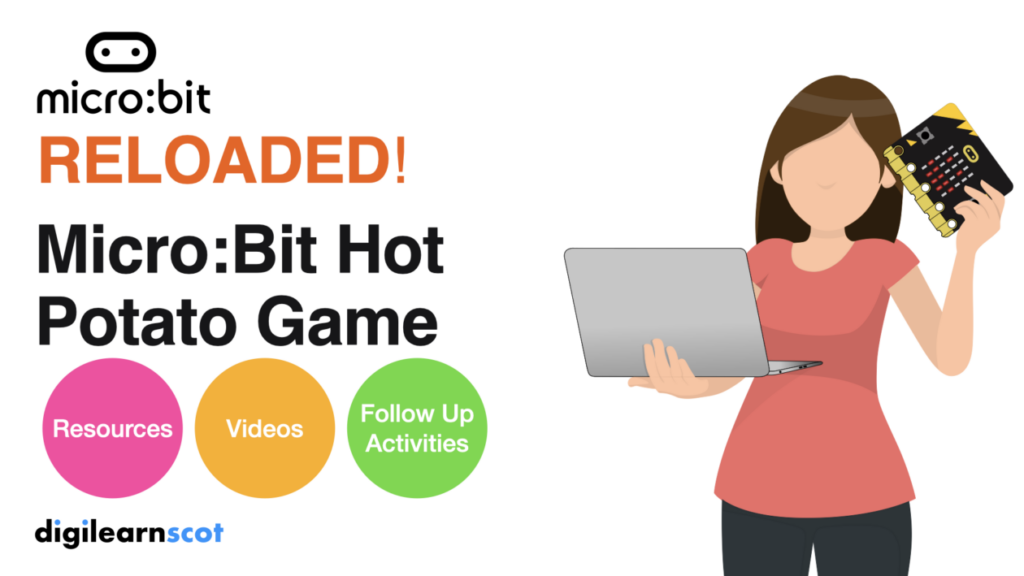
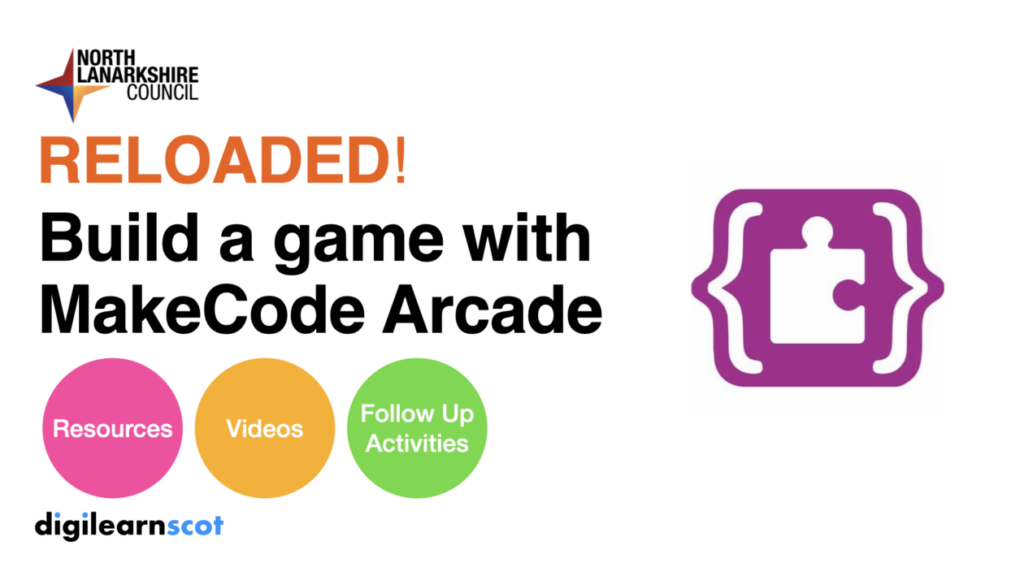
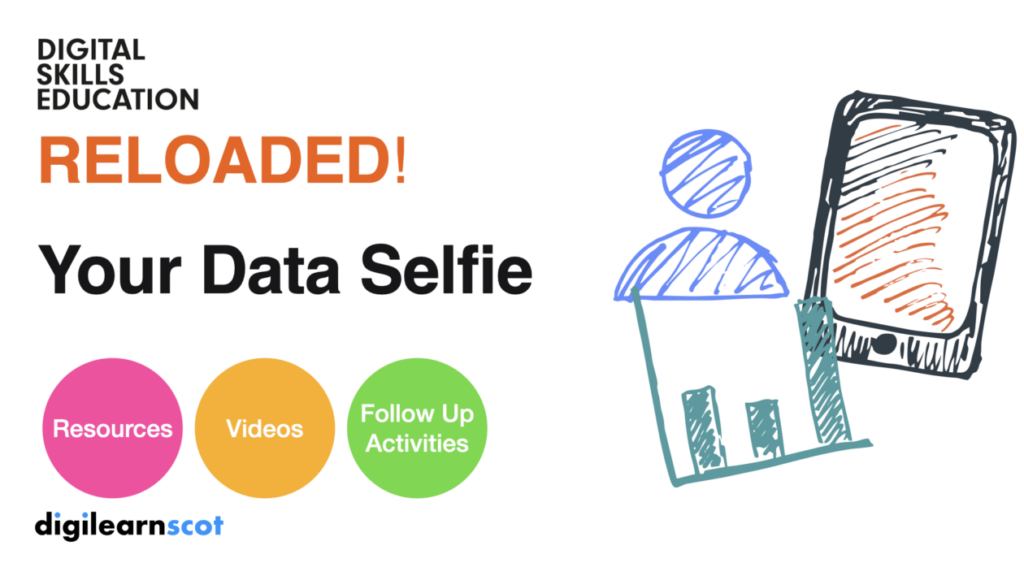
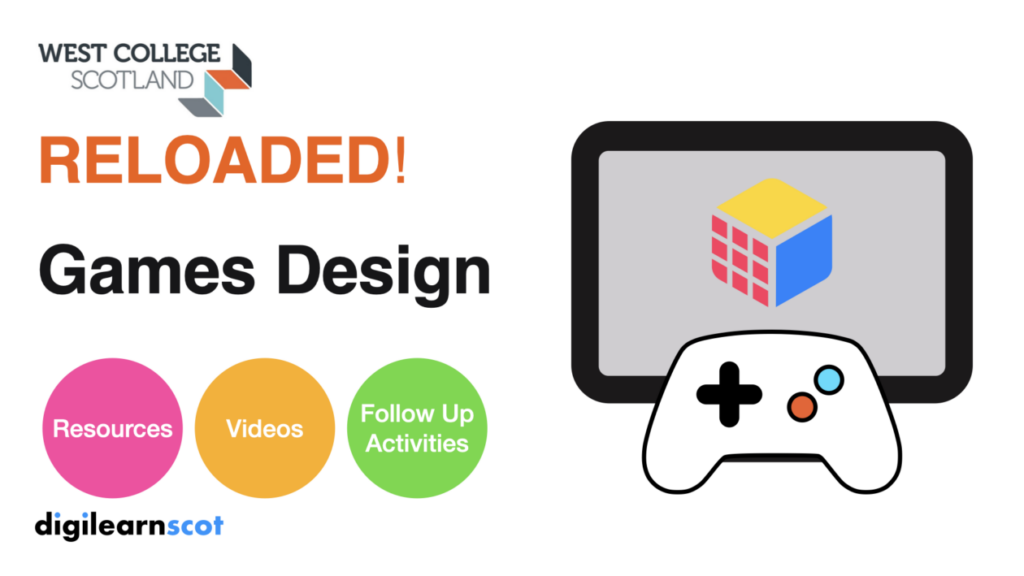
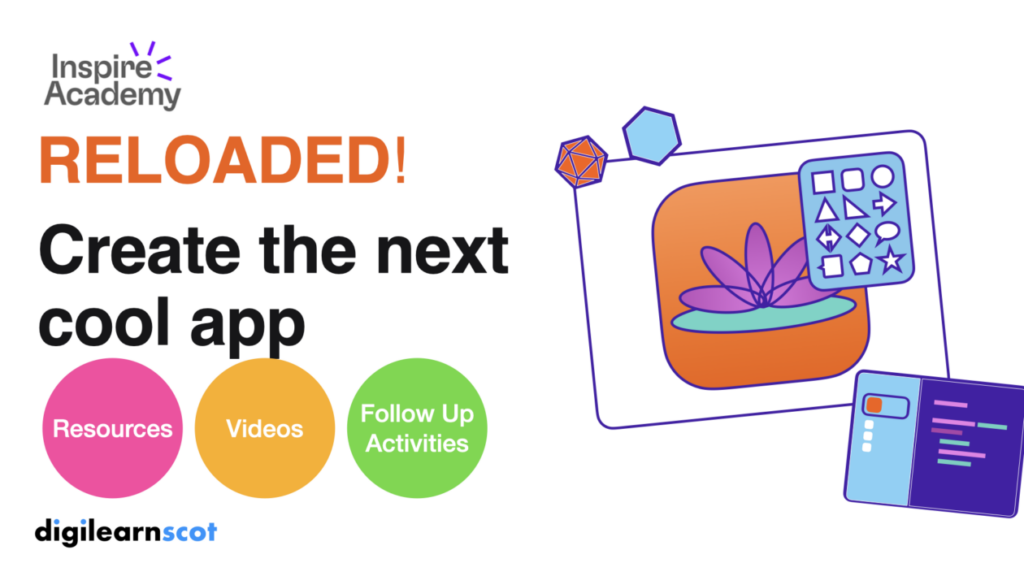
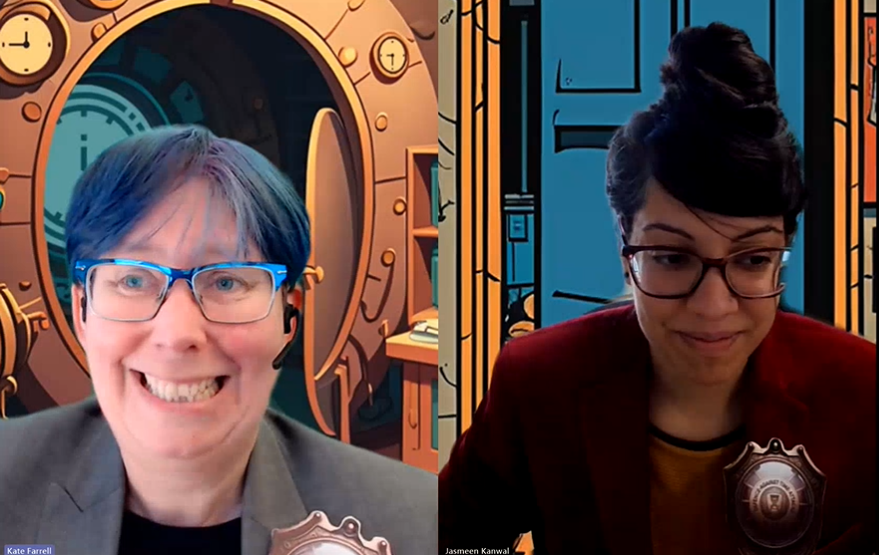
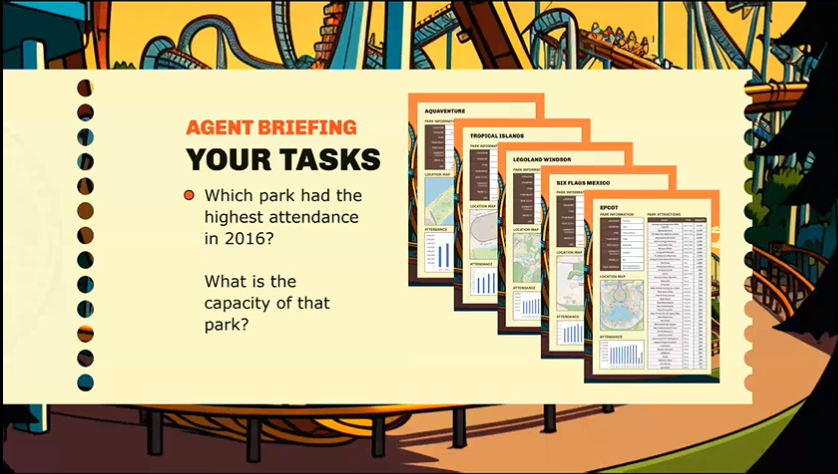


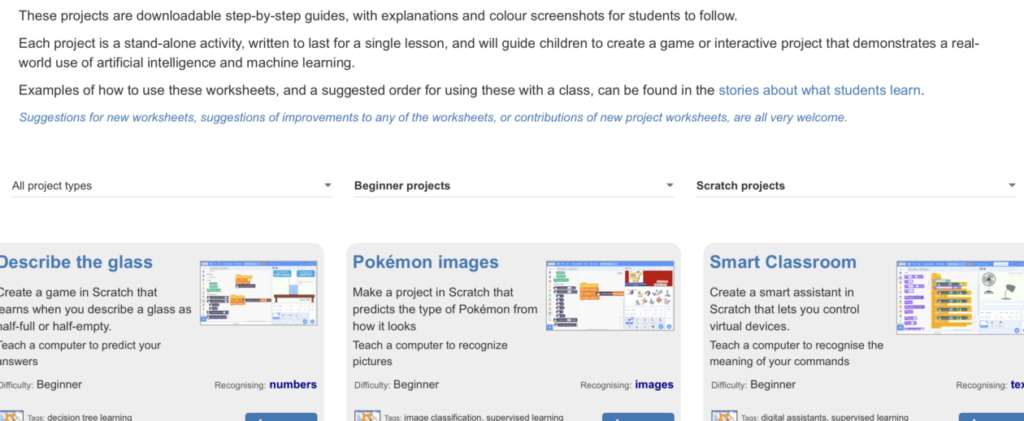







You must be logged in to post a comment.